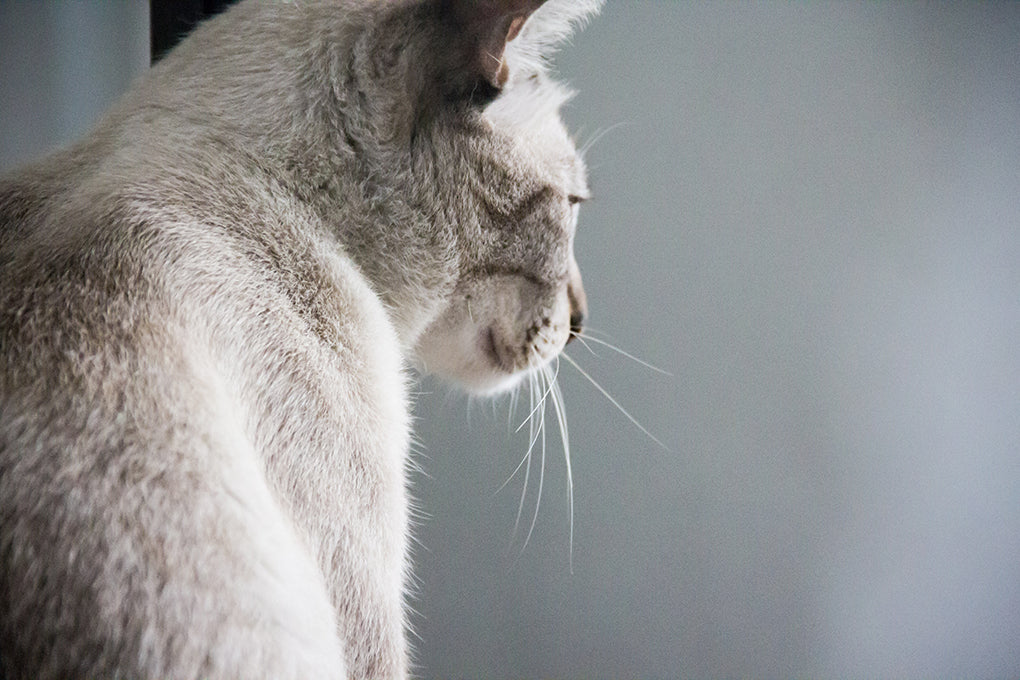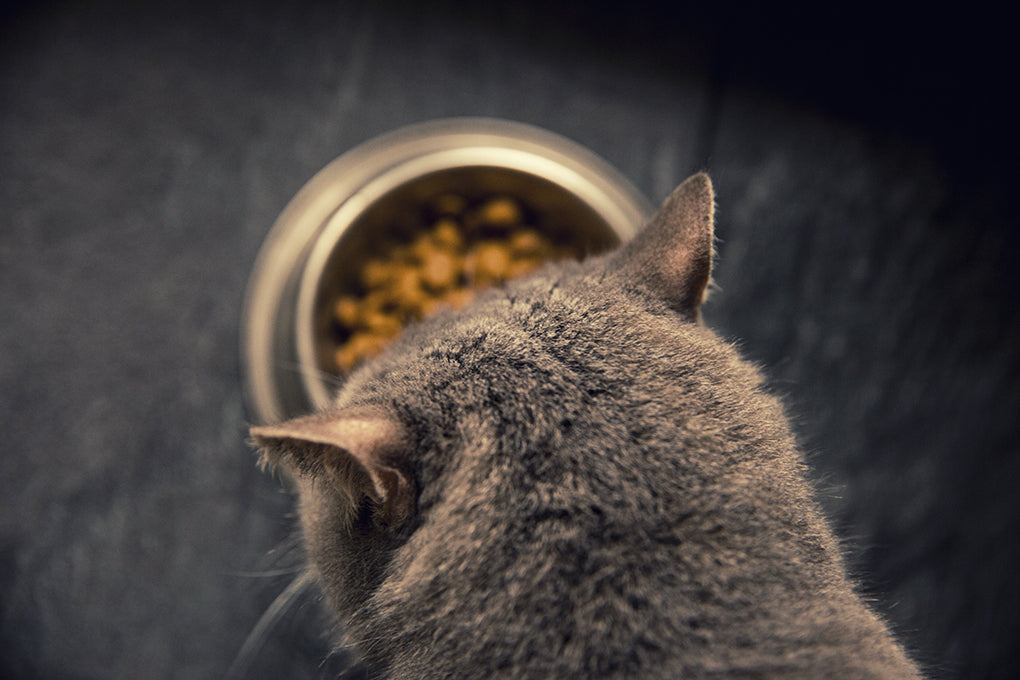
What causes cancer in cats?
When your pet is diagnosed with cancer, the first question is often "why?" And many owners want to know the common causes of cancer in pets so they can do their best to prevent their pet from getting sick.
- Click to learn more: 👉 Support your cat fighting CANCER with our NATURAL product 🐱
In this article, which is a follow-up to the one on the causes of cancer in dogs, we will examine the common causes of cancer in cats, as well as some common symptoms of cancer in felines. At HomeoAnimo ™ , we are on a mission to ensure that pet owners everywhere are well-informed when it comes to their pet's health!
You can also check out our complete guide to cancer in cats to learn more about the types of cancer that affect our feline friends.
What causes cancer in cats?
Each type of tumor or cancer that affects cats has different causes or risk factors, so it is difficult to identify a single reason why a cat develops cancer. However, there appear to be three general factors.
The 3 risk factors are: hereditary/genetic (certain genes or breeds tend to develop cancer more frequently), environmental (exposure to certain environments can cause cancer more frequently), and age (cats of a certain age group often have a higher risk of cancer).
Hereditary causes of cancer in cats
Often, one breed is diagnosed with a certain type of cancer more frequently than other breeds. This leads researchers to believe that there are factors in their genes that make them more likely to develop certain tumors.
For example, Siamese cats have a higher risk of many cancers, and may even be 8 times more likely to develop adenocarcinomas.
Environmental causes of cancer in felines
There are also environmental factors that play a role in tumor development in cats. For example, as in humans, cigarette smoke has been linked to lung cancer in cats.
Another example is breast (mammary) cancer in cats. The greatest risk factor for developing this cancer is being "intact" or not having been spayed. Females who were spayed before 6 months of age may have up to a 91% chance of not developing this cancer.
How is age related to cat cancer?
The majority of cats diagnosed with cancer are middle-aged or elderly. In fact, some researchers believe there is a 50% chance that a cat, by the time it reaches the age of 10, will develop a tumor!
Of course, while these are risk factors, any cat can develop a tumor at any age, so it's important to keep your eyes open for signs of disease.
Common Signs of Cancer in Cats
Each type of tumor affects different parts of the body, so there are often specific symptoms to look for. But there are also several general signs that your cat might have cancer, such as:
- Weight loss or loss of appetite
- Lethargy or lack of energy
- A lump, bump, or open sore that does not heal
- A change in behavior or habits
If you notice any of these symptoms, be sure to have your cat checked out. Hopefully, it won't be cancer, but if it is, you need to get a diagnosis as soon as possible so you can start treatment early!
Natural alternative for cat cancer
Conventional treatments for cancer in cats may include surgery, chemotherapy, and/or radiation therapy. Many pet owners also want to explore natural products that will benefit their four-legged friends.
That's why we're excited to tell you about PIPTOANIMO - a natural product that's been carefully designed by experts to support your pet fighting cancer! Thousands of pet owners have found this product to be a great support for their pets during this difficult time.
Here at HomeoAnimo ™ , we are a group of people who love and advocate for animals, and we are always here to help you with your pet's health issues.
Do you have a cat who has suffered from cancer? Share your experience in the comments below!



















Leave a comment
This site is protected by hCaptcha and the hCaptcha Privacy Policy and Terms of Service apply.